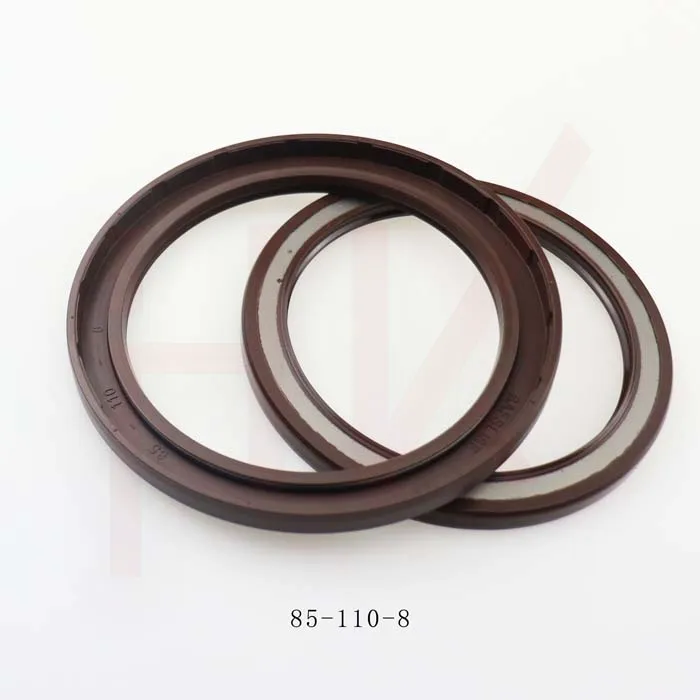Nov . 16, 2024 07:12 Back to list
Understanding Wiper Seals and Their Importance in Automotive Applications
Understanding Wiper Seals Essential Components for Mechanical Performance
Wiper seals, often overlooked components in various mechanical systems, play a pivotal role in ensuring optimal performance and longevity of equipment. These seals, typically made from durable elastomeric materials such as rubber or polyurethane, are designed to wipe away contaminants like dirt, dust, and debris from the moving parts of machinery. Their primary function is to protect critical components, enhance efficiency, and prevent leakage.
One of the most common applications of wiper seals is found in hydraulic cylinders. In hydraulic systems, wiper seals are strategically placed at the outer surface of rod or piston assemblies. They act as a barrier against external contaminants that could potentially penetrate the system, thus preserving the integrity of the hydraulic fluid and ensuring smooth operation. The efficient functioning of hydraulic systems relies heavily on these seals, as they prevent premature wear and tear of seals and bearings, leading to significant maintenance savings in the long run.
The design and material composition of wiper seals are crucial for their effectiveness. High-quality wiper seals are engineered to withstand harsh operating conditions, including exposure to varying temperatures, pressures, and fluids. Manufacturers often incorporate features such as lip geometry, hardness, and additional anti-extrusion rings to enhance the sealing action and performance. Proper selection of these parameters is essential based on the specific application requirements to ensure that seals function optimally.
wiper seal

Moreover, wiper seals also contribute to the energy efficiency of mechanical systems. By preventing the ingress of contaminants and minimizing leakage, they help maintain the hydraulic pressure required for optimal operation. This leads to reduced energy consumption and improved overall system efficiency. In industries where energy costs can be a significant expense, the role of wiper seals becomes even more critical.
Regular inspection and maintenance of wiper seals are vital to ensure their longevity. Signs of wear, such as hardening, cracking, or tearing, can indicate that seals need to be replaced. Failing to address these issues can lead to a breakdown of the entire system, resulting in costly repairs and downtime.
In conclusion, wiper seals are small yet essential components that significantly impact the functionality and reliability of mechanical systems. By keeping contaminants at bay and preventing leakage, they ensure smooth operation and longevity. Whether in hydraulic applications or other machinery, understanding their importance can lead to better maintenance practices and enhanced mechanical performance. As industries continue to evolve, the role of wiper seals in protecting equipment and optimizing efficiency will only grow.
-
TCN Oil Seal Metal Ring Reinforcement for Heavy Machinery
NewsJul.25,2025
-
Rotary Lip Seal Spring-Loaded Design for High-Speed Applications
NewsJul.25,2025
-
Hydraulic Cylinder Seals Polyurethane Material for High-Impact Jobs
NewsJul.25,2025
-
High Pressure Oil Seal Polyurethane Coating Wear Resistance
NewsJul.25,2025
-
Dust Proof Seal Double Lip Design for Construction Equipment
NewsJul.25,2025
-
Hub Seal Polyurethane Wear Resistance in Agricultural Vehicles
NewsJul.25,2025
-
The Trans-formative Journey of Wheel Hub Oil Seals
NewsJun.06,2025
Products categories
















